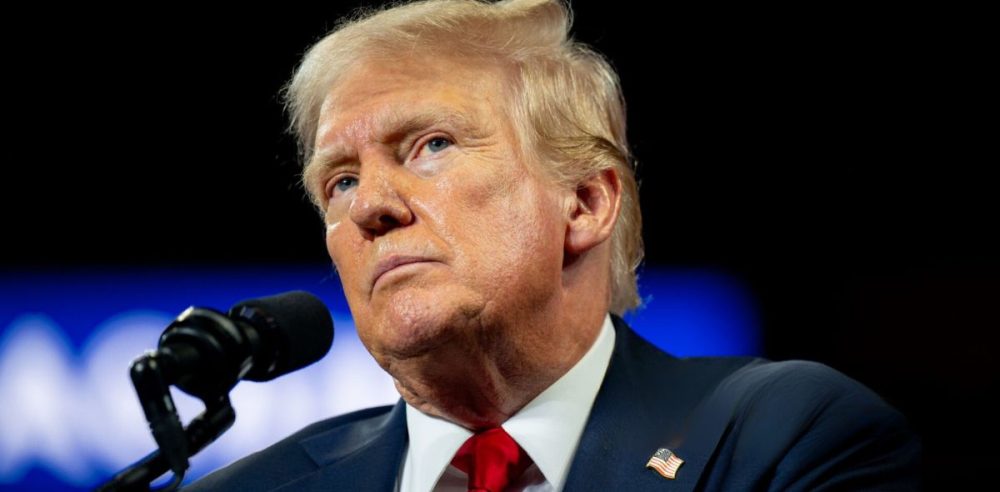Donald Trump’s victory in the 2024 election has raised questions about the future of various legal cases pending against him, as no criminal defendant has ever been elected President of the United States.
Trump is currently awaiting sentencing by a judge in New York for his conviction earlier this year on 34 counts of falsifying business records during his 2016 presidential campaign to cover up his alleged affair with adult film star Stormy Daniels. The judge in that case, Judge Juan Merchan, postponed the sentencing until after the election to avoid the appearance of influencing the election.
Trump’s lawyers could ask the judge to delay the sentencing further now that Trump has become President-elect, or they may ask for a delay to appeal the verdict. The judge could decide to dismiss the charges and the conviction after reviewing the Supreme Court’s recent decision that grants Presidents a measure of immunity. Judge Merchan has considerable leeway in imposing a sentence, which could be as much as four years in prison or something far less, such as a period of community service or a fine.
If the judge does impose a sentence, it is highly unlikely that it will be enforced while Trump is President.
The case in Georgia over Trump’s alleged criminal conspiracy to overturn the state’s election results has been paused for months after being derailed by allegations that the Fulton Count prosecutor, Fani Willis, had an improper relationship with Nathan Wade, the lawyer leading the probe into the case. A decision on whether Willis should be disqualified from the case could take months, thus holding up the case against Trump for even longer.
Once Trump takes office on January 20, the case will not likely proceed while he is serving as President.
Trump is also facing two federal criminal cases, one in Washington, D.C., and one in Florida, both being prosecuted by Special Counsel Jack Smith. Smith has devoted years to the two cases, one involving Trump’s alleged attempts to overturn the 2020 presidential election and the other concerning Trump’s alleged mishandling of classified documents. A district judge dismissed the case of mishandled documents, but Smith appealed that decision.
Trump has repeatedly declared that if he were elected President, he would fire Jack Smith “within two seconds.” That would effectively end the prosecution of the two federal cases, as the President appoints the attorney general, who then determines what cases will be pursued or abandoned.
Another possibility is that Trump may attempt to give himself a Presidential pardon in these federal cases. However, that would not be an option in the state cases in New York and Georgia. The Constitution does not clearly state whether a president can self-pardon, so it is uncertain how that tactic may play out.
Trump is currently appealing the decisions in two civil suits brought against him, one for alleged sexual abuse and defamation and one involving financial fraud allegations. Those cases will likely continue, as the Supreme Court ruled in Clinton v. Jones in 1997 that “The Sixth Amendment right to a speedy trial requires a civil lawsuit against a current President to proceed if it is unrelated to behavior that occurred during time in office, since executive immunity does not apply.”


